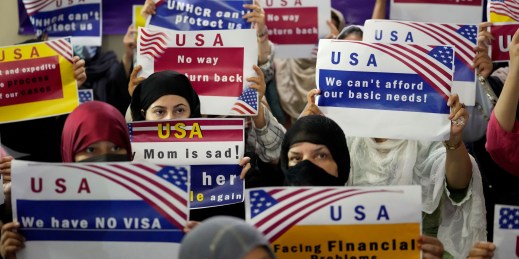Asia-Pacific Archive
Free Newsletter
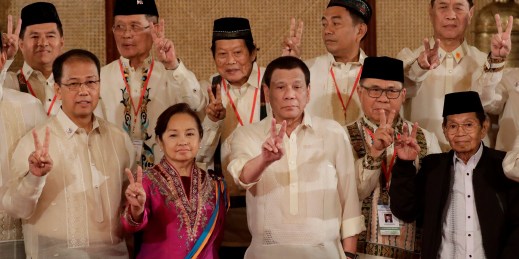
Four years after the Philippine government signed a peace accord with an Islamic militant group establishing an autonomous region in the country’s southern province, a tense encounter between the group and government forces has highlighted the fragility of the peace process leading up to the region’s first elections in 2025.
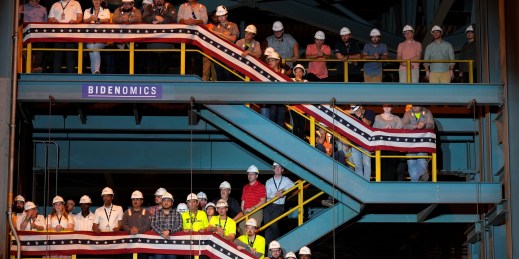
Last week, President Joe Biden signed an executive order restricting U.S. companies’ ability to invest in a range of cutting-edge technology sectors in China. Biden has also maintained tariffs imposed on China by former President Donald Trump. That raises a fundamental question: Why is the U.S. imposing trade restrictions on China?
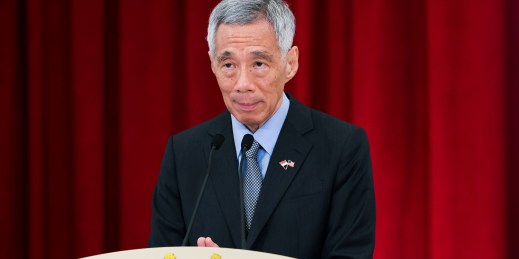
Though Singapore’s political environment is considered only “partly free,” the long-dominant ruling People’s Action Party has also enjoyed genuine popular legitimacy. Now, though, a series of corruption scandals have shattered the party’s reputation for unbending integrity, even as the PAP faces credible challengers at the ballot box.
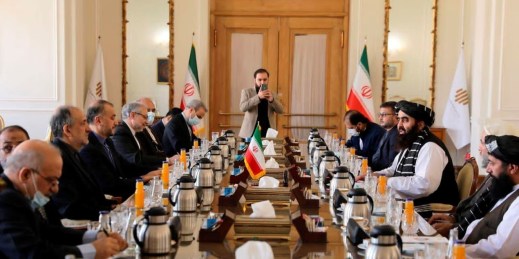
For two decades, Iran blamed much of Afghanistan’s miseries on the military intervention there by the U.S. and its allies. But two years after the U.S. withdrawal that Tehran had long demanded, and with the Taliban now firmly in power in Kabul, Iran finds itself facing a unique set of challenges emanating from Afghanistan.
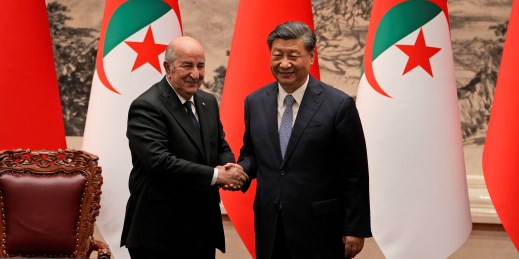
Algeria’s recently intensified foreign policy engagement has three main goals: to counter the growing regional influence of neighboring Morocco, strengthen its position among the rising powers of a multipolar world and attract more investment to diversify its economy. Aligning with China fits into all of these goals.
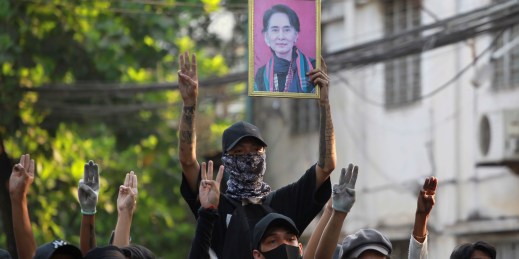
When Myanmar’s ruling military announced last week that it was issuing a partial pardon for opposition leader Aung San Suu Kyi, it seemed a sign that the regime might be preparing to loosen its grip and perhaps even compromise with the opposition. That optimistic interpretation, however, is being rejected by many Myanmar observers.
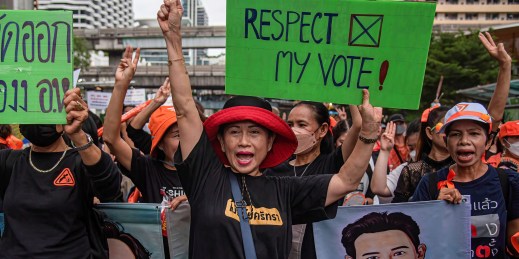
In the 1990s and early 2000s, Southeast Asia seemed to offer a model for democratization for other developing countries. But today the region is a long way from that promising period, with the state of democracy in dire shape. It seemed by 2020 that things couldn’t get worse. And yet, in the past few years, they have.
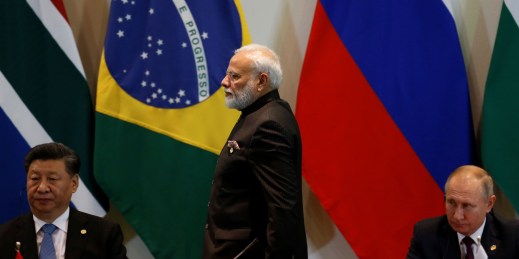
The divisive debate within BRICS over whether and how aggressively to expand membership is a sign the group lacks a clear mission and direction. But it also underscores the differences in how BRICS’ members view both the benefits they receive from the grouping and their future role in the international community.
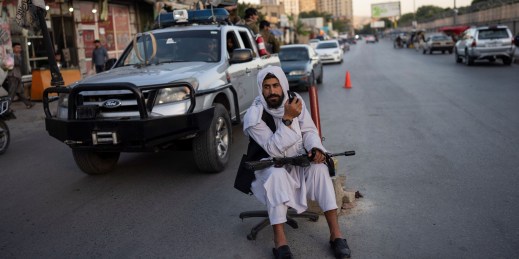
U.S. President Joe Biden recently stirred controversy by stating that al-Qaida no longer has a presence in Afghanistan—thanks, he suggested, to the Taliban. The Taliban predictably applauded his statement, but others pointed out that it contradicted recent U.N. reports. How are we to make sense of these conflicting characterizations?

